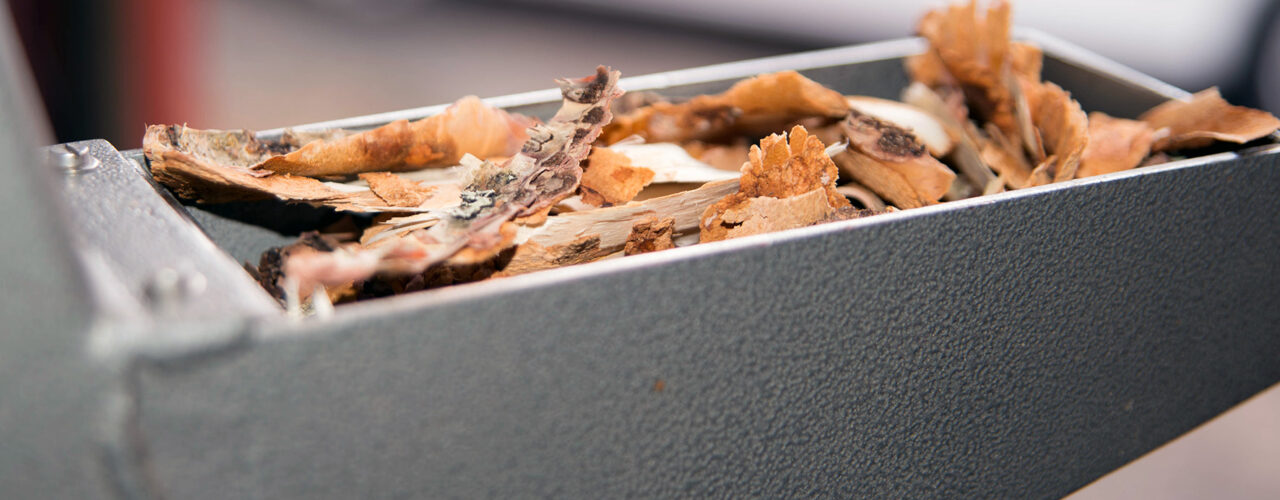
BarkCure: Condensed tannins from Norwegian pine and spruce bark - antiparasitic effects and potential commercial exploitation.
This will be achieved with a series of sub-goals, where we will:
- Characterize the chemical composition of CTs with varying bioactivity to elucidate the structure-activity relationships
- Evaluate the processing methods used for debarking and their impact on the quality of the bark as a feedstock for extraction of CTs
- Develop a scale-able, environmentally sound, process for extraction of CTs
- Verify the antiparasitic activity in ruminants
- Evaluate the value-chain of bark production, potential production volumes and further R&D needs for a future commercialization of CT-production
Condensed tannins (CT) are regarded as anti-nutrients as they may reduce feed intake, nutrient digestion and production in livestock. However, the inclusion of small amounts of CT in the diet of ruminants may decrease problems with gastrointestinal parasites. Tannin containing forages are not well adapted to Norwegian cultivation conditions, but Norway has a strong forest industry and bark harvested from conifer species may have high content of CT.
In the proposed project we will: 1) evaluate bark as it is produced today with regard to its utilization in industrial processing of CT; 2) characterize CT quality and quantity in bark resources and their structure-activity relationships; 3) test the biological activity of bark CT against helminths and parasitic protozoa both in vitro and in vivo in ruminants 4) develop industrial extraction and processing of bark CT. Dissemination of knowledge gains is ensured by integrated activities. The project draws on the coordinated interaction of national and international players in research and enterprises:


